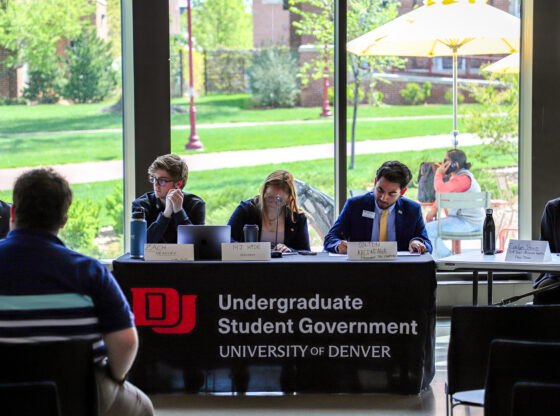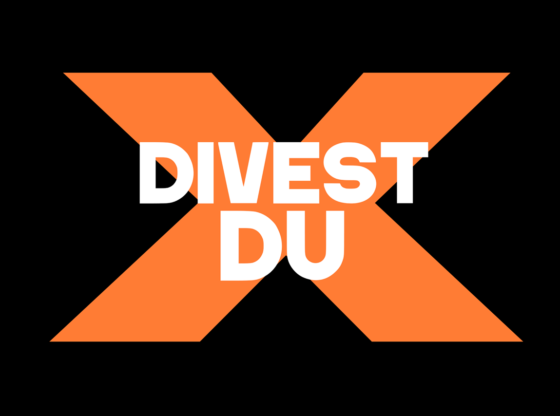With apps such as Facebook and Twitter now being one main way people discover news stories, the question arises of how journalists can continue to prize accurate news reporting, honesty and transparency. These were the questions a panel of Colorado media giants answered in the “Social Media, Journalism & Ethics” answered during a discussion at the University of Colorado Denver last Thursday.
The panel, comprised of 9News anchor Kyle Clark, E.W. Scripps digital producer Susan Gonzalez, photojournalist Kevin Beaty and Digital Media Director of Mayor Hancock’s office Gabrielle Bryant looked at how to navigate a traditional media role with how people share online.
“Consider what risk is posed by a claim someone made in the community,” said Clark. “Journalists have been doing this for centuries, such as when they talk with witnesses. If someone makes a claim, they better have evidence.”
And how can journalists play a role in promoting trust and accountability? How do they be mindful in collecting information for a story? Beaty said the answer lies in getting to know the community you’re reporting in.
“If you get news from people you know, you’ll know it’s vetted,” he said. “It goes back to being local and connecting with people in your community.”
Most social media users spend their time quickly scrolling their feed, and may not click on the story to read the full gist. Getting users to go past the headline can be difficult, but Gonzalez said the trick is to spoon feed readers and make them want more.
“Tease the story on social media in a way that makes them want to click on it, but be sure to not make it clickbait,” she said. “Some people don’t have time to click on a story, so it’s important that a strong headline shows the truth of a story.”
Being truthful online has been a source of controversy with “deep fakes” that rapidly spread. Many remember the controversial video of Speaker Nancy Pelosi allegedly “drunk,” and how that video was shared even when it was verified that the video was edited. Gonzalez stated that it’s important to ask some questions before sharing a video or photo.
“Ask yourself where it came from before posting,” she said. “Some deep fakes look extremely real and professional journalists can get fooled by it.”
“What’s even scarier is whether or not people care it’s fake,” chimed Clark. “Professionals said the video of Pelosi was fake, and some of the population said they didn’t care.”
The panel ended with advice for student journalists from all four speakers. Clark reminded the audience that no story is worth doing something wrong, while Beaty stated that while it’s easy to want to “make a splash,” it can lead to hasty decision making. Bryant tied in social media in journalism by noting that social media presence is important.
“Social media lives beyond you, and what you post never goes away,” she said. “Be true to yourself and mind what you post.”











